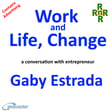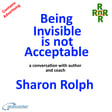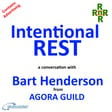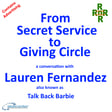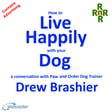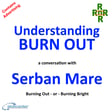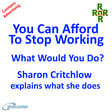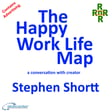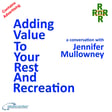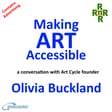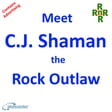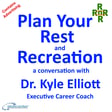
Beyond the Pain – a conversation with author Madhur-Nain Webster
Madhur-Nain Webster is a licenced Marriage and Family therapist, and accomplished author. In this episode of the Abeceder work life balance podcast Rest and Recreation Madhur-Nain discusses her latest book Beyond the Pain with host Michael Millward.
Many people structure to cope with the pain that is created by negative experiences like separation, divorce, bereavement, job loss. Each person deals with this pain in a different way. Some people allow the negative experience to control their future. This makes it difficult to move on from the negative experience.
In her conversation with Michael, Madhur-Nain describes how negative experiences impact our physical, mental, and emotional health. Madhur-Nain explains how anyone can take a proactive approach to managing how negative experiences impact them.
They explore the practical advice and tools that Madhur-Nain has included in her book Beyond the Pain.
This episode will inspire you to be honest about how you currently manage negative experiences, and provide some information about how you can improve how you manage these experiences.
Audience Offers
Rest and Recreation is made on Zencastr, because it is so easy to use. You can as well. Visit Zencastr and use offer code ABECEDER.
Travel – at trade prices to anywhere in the world at trade prices as a member of The Ultimate Travel Club.
Health – The Annual Health Test from York Test is conducted by an experienced phlebotomist at your home or workplace. Hospital standard tests for 39 health markers.
A Personal Wellness Hub provides easy-to-understand results and guidance for effective lifestyle changes anytime.
Visit York Test and use this discount code REST25.
Tech Problems? – Visit Three for information about business and personal telecom solutions from Three, and the special offers available when you quote our referral code WPFNUQHU.
Be a Guest Visit Matchmaker.fm. Use code MILW10 for a discount on membership.
We recommend that potential guests take one of the podcasting guest training programmes available from Work Place Learning Centre.
Thank you to you for listening.
We appreciate every like, download, and subscription.

